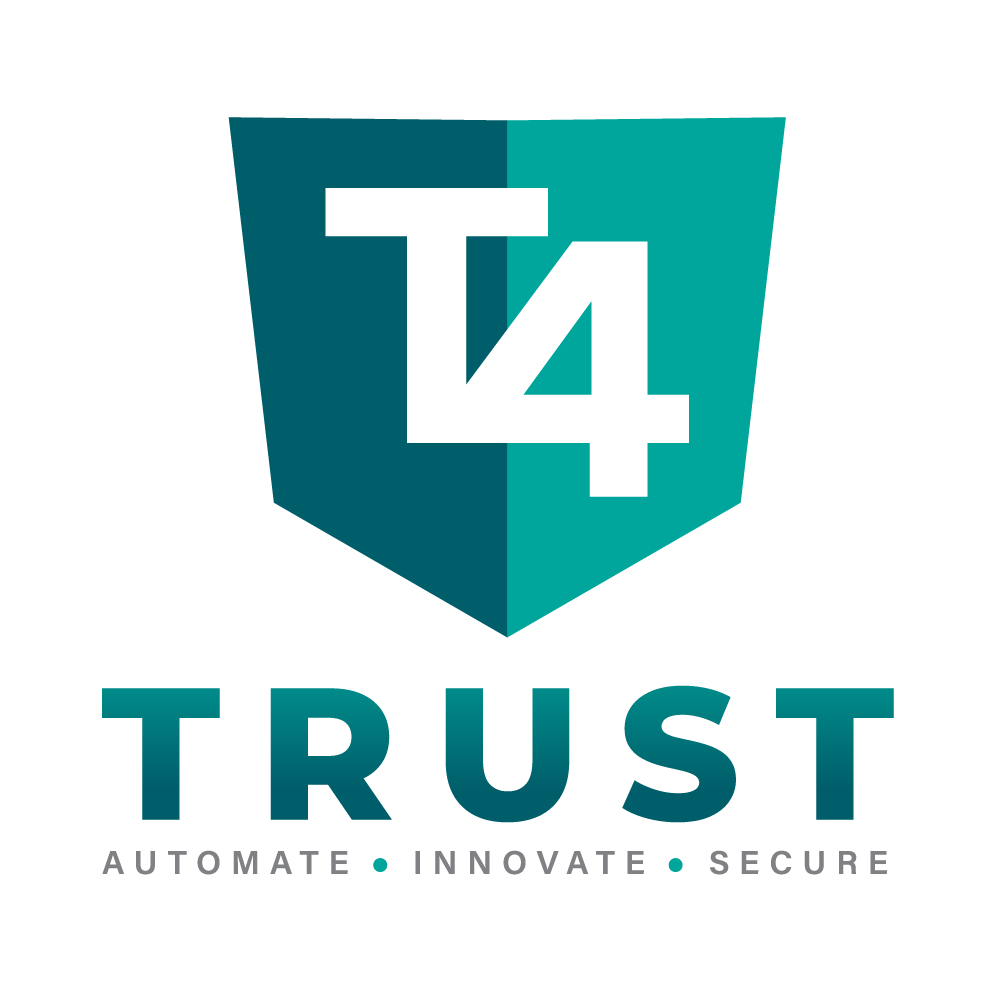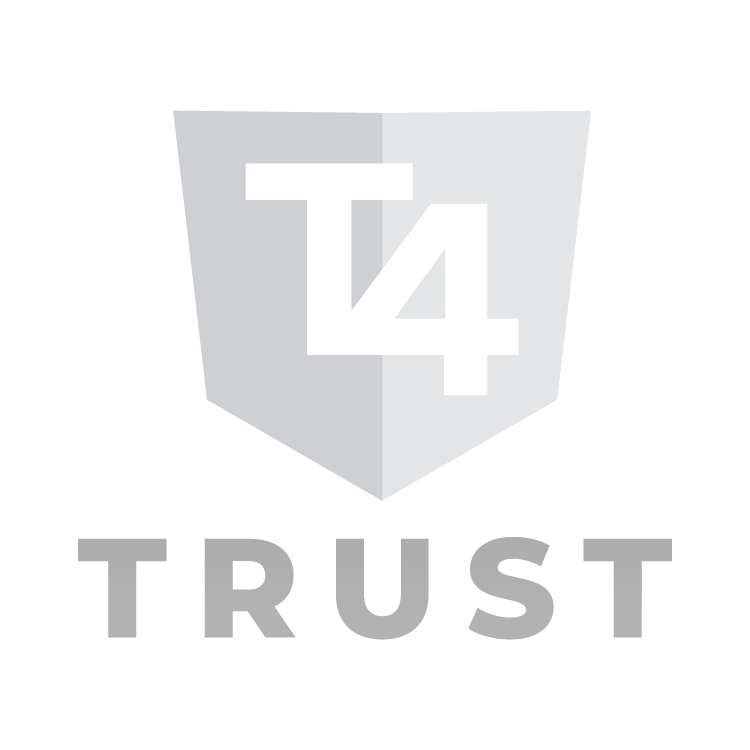Document verification applications across different industries.
- Posted by admin
- On November 1, 2023
- 0 Comments
Document verification has a wide range of real-world applications across different industries. Here are some of the common uses:
- Financial Services:
- Know Your Customer (KYC): Banks and financial institutions use document verification to verify the identity of customers during account opening. It’s crucial for compliance with anti-money laundering (AML) regulations.
- E-commerce and Online Marketplaces:
- Seller Verification: E-commerce platforms verify the identity and credentials of sellers to ensure trust and safety in online marketplaces.
- Travel and Hospitality:
- Hotel Check-In: Hotels and vacation rental platforms use document verification for guest check-ins, ensuring that the person matches the ID provided.
- Ride-Sharing and Transportation:
- Driver Verification: Ride-sharing services and transportation companies verify the identity of drivers before allowing them to provide services.
- Telecommunications:
- SIM Card Activation: Mobile carriers use document verification to verify the identity of individuals buying SIM cards, preventing fraudulent activations.
- Healthcare:
- Patient Identification: Healthcare providers use document verification to ensure the identity of patients before providing medical services.
- Online Education and E-Learning:
- Student Verification: Educational institutions and e-learning platforms use document verification to verify the identity of students taking online courses and exams.
- Government Services:
- Official Document Issuance: Government agencies issue official documents like passports, driver’s licenses, and national IDs, requiring strict document verification during the application process.
- Employment and HR:
- Employee Onboarding: Employers use document verification to verify the identity and eligibility of new hires during the onboarding process.
- Gaming and Online Age Verification:
- Online gaming and gambling platforms use document verification to verify the age of users to comply with age-restricted regulations.
- Legal and Notary Services:
- Legal professionals and notaries verify the identity of clients and witnesses for legal documents and contracts.
- Real Estate:
- Property management and real estate companies may use document verification to ensure that tenants or buyers are who they claim to be.
- Travel and Border Control:
- Immigration authorities use document verification to check the identity and travel documents of individuals at border crossings and airports.
- Government Benefits and Social Services:
- Agencies providing government benefits use document verification to confirm the eligibility and identity of recipients.
- Airlines and Airports:
- Airlines use document verification during the check-in process, and airport security verifies the identity of passengers.
- Peer-to-Peer Transactions and Sharing Economy:
- Document verification ensures the identity and trustworthiness of participants in peer-to-peer transactions and sharing economy platforms.
- Cryptocurrency and Blockchain:
- Cryptocurrency exchanges and wallet providers use document verification to comply with regulations and to enhance security.

